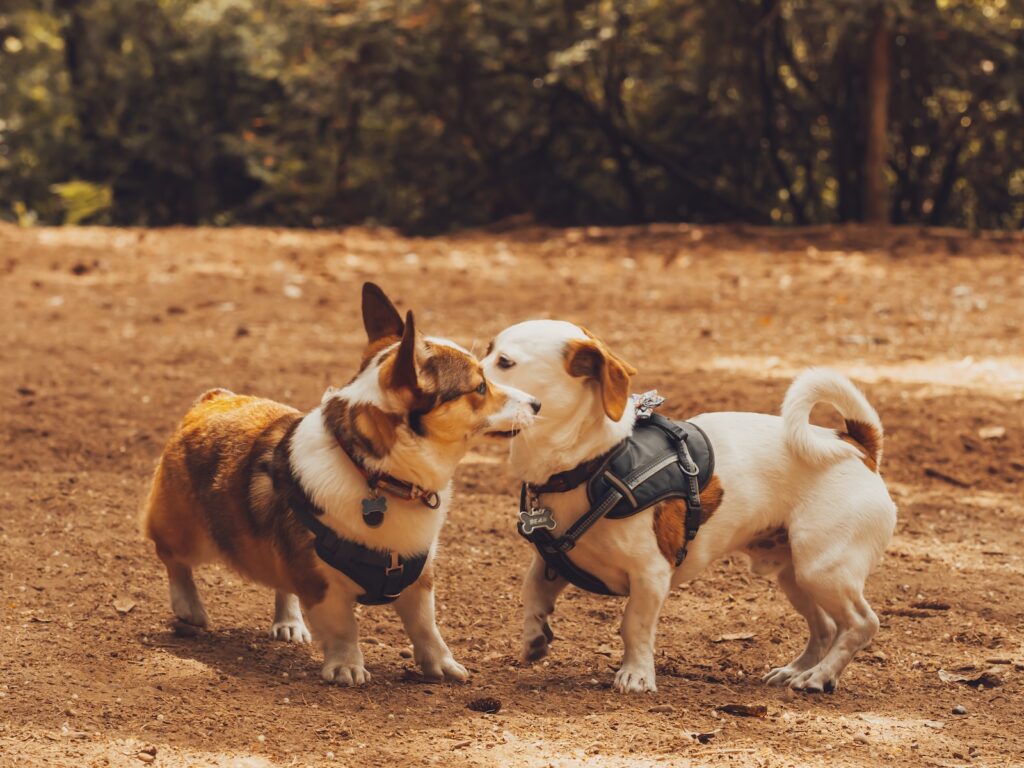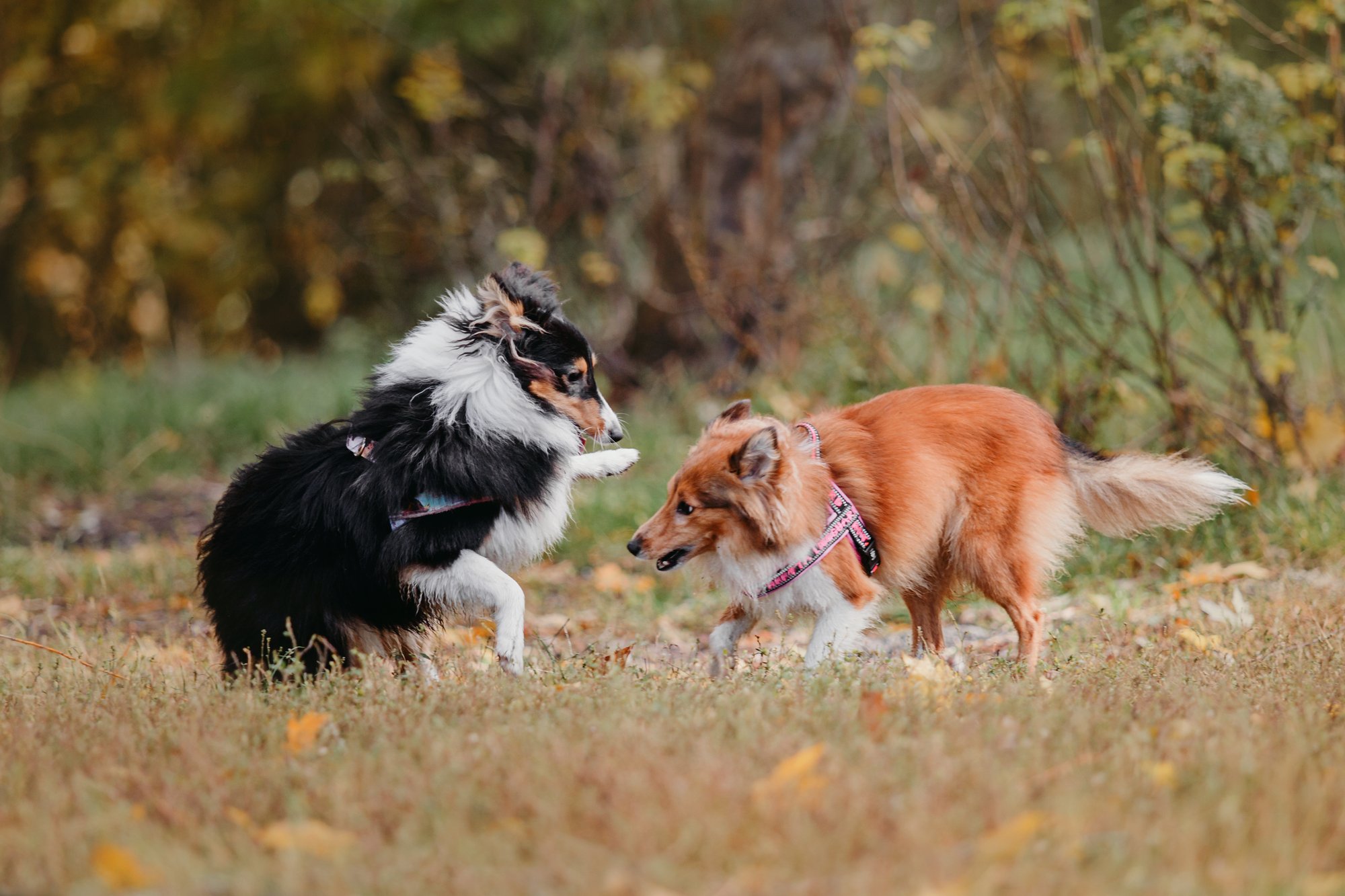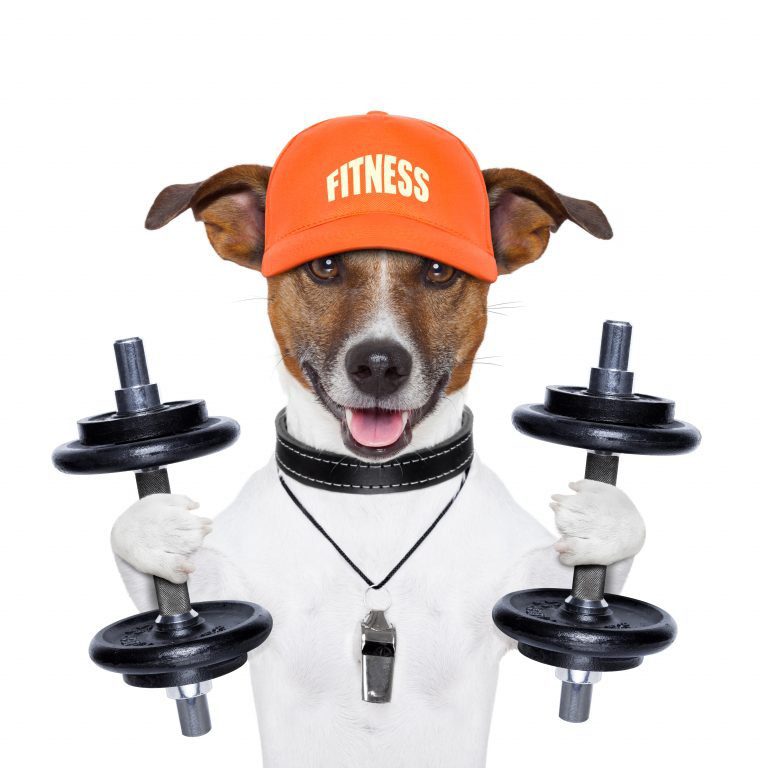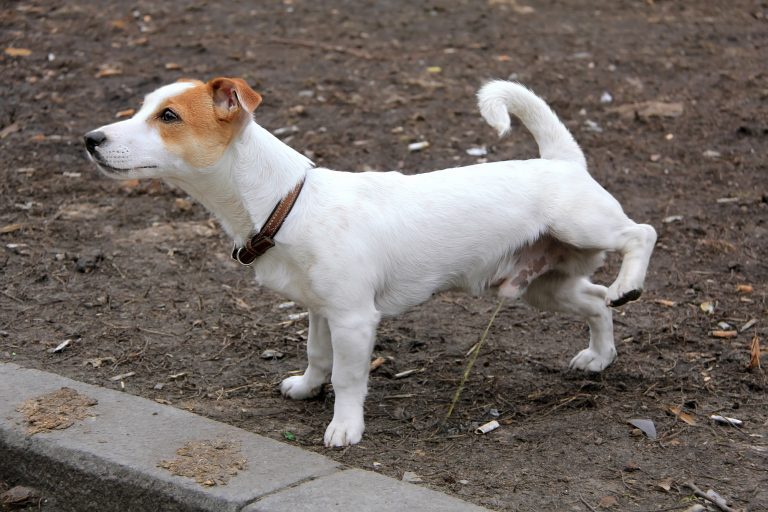Do Dogs Need a Companion Dog?
While cat-owning households tend to own at least two cats each, households with dogs actually only tend to have one dog per household. For those of you who wonder do dogs need a companion, this might come as a bit of relief. However, it doesn’t mean your dog doesn’t need a dog friend either.
One reason why you’re asking this question is likely because you feel that your dog is lonely at home or is in some need of a friend or playmate. That’s normal. If they exhibit signs of distress or loneliness, a companion dog can be a good idea but it may not be necessary.
Here’s how to answer the question and identify whether or not a furry friend would be a good addition to your dog’s life.
Do Dogs Need A Companion Friend?
Dogs are part of the same family as wolves and foxes, so you can imagine that they’re pretty social animals who traditionally like to travel in packs. Because dogs are now widely domesticated, however, they still don’t require the same type of companionship as before.
While they’re not completely solitary animals like most cats are, dogs don’t necessarily need to live with a pack of other dogs to thrive. Usually, their pack is their human family and they’re just as happy with you as they are with another dog.
The main reason why you might want to get a companion dog is if your current pup is showing signs of distress when their human pack isn’t around. Another main reason might be that you adopted your dog from another family where they grew up with other dogs around. In that case, a companion dog can be a good idea.
However, there are alternatives, such as arranging for frequent playdates, lots of exercise, and increased playtime with you and your family. As long as you’re able to carry out activities that can make your dog happy, it’s not likely that you need to add another furkid to your family.
How to Decide Whether or Not Your Dog Needs a Companion Dog?
If you’ve gotten this far and still aren’t sure whether do dogs need a companion dog, then we suggest answering the 3 questions below.


1. Does your dog like other dogs?
First, you’ll want to identify whether or not your dog even likes other dogs. You’ll likely know the answer to this right off the bat, but consider answering questions such as:
● Has your dog ever been around other dogs?
● If so, how do they react? Are they shy, playful, fearful?
● Has your dog ever shown signs of aggression?
That last question is a particularly important one as it is the biggest indicator that your dog shouldn’t have a companion pup in the house if they have been aggressive in the past. To gauge this, have a friend bring their dog over for a playdate or head to the dog park.
It’s important to introduce your dog to other dogs slowly if they’ve never been around other dogs. If your friend brings over their dog, introduce them through the door first and let them get used to each other’s smells. If you’re opting for the dog park, be sure to keep your dog on their leash while letting them sniff and interact with other dogs.
If they hit it off with another dog and don’t want to leave the park when it’s time to go, they might do well with a dog companion. If they don’t really enjoy interacting with other dogs or they’re aggressive or fearful, a dog companion likely isn’t a good idea.
2. Does your dog have separation anxiety?
It’s common for dogs to show signs of anxiety, especially if they’re puppies or are new to your household. And, you’ll also find that certain dog breeds are simply more likely to be anxious. However, if you’ve taken your dog to the vet and they have no medical issues and have had time to adjust to their new home, they might have recurring anxiety due to something else.
One of the most common reasons for anxiety in dogs is general fear or fear of separation. If you leave your dog at home and notice that they’re barking excessively after you leave, they likely have separation anxiety. Another indicator is if you return home from being away and notice that your dog has destroyed the couch or defecated in the house.
Really, they’re simply acting out their feelings of panic whenever you leave them alone. Separation anxiety occurs in dogs that have a deep attachment to a specific person in the household. If that’s the case, a companion dog can help!
3. Is your dog sad after socialising?
Still not sure if your dog needs a friend? Think back to the first question of whether or not your dog even likes other dogs. Now, if you answered yes to that question but still aren’t sure, think about whether or not they’re sad after socialising.
If you take your dog to the dog park and they seem distressed or depressed after you leave, that’s a good indication that they would benefit from a companion dog. If the sadness lasts for more than a few hours or days, however, you might want to take your dog to the vet to see if something else is wrong.
Nonetheless, if your dog looks super sad after socialising and continues to look sad at home without a playmate, it’s probably a good idea to get a companion dog friend for them.
Does Gender Matter When Selecting a Companion Dog?
Yes, it can! Most veterinarians recommend that, when choosing a companion dog for an existing dog in your household, you choose a dog of the opposite gender whose size isn’t more than 50% bigger or smaller than your current dog’s size.
Why is gender important when choosing a companion dog? Often, two male dogs (especially if one is much bigger than the other) can develop aggression issues. The same can happen with two female dogs. However, it’s important to mention that, if you’re choosing a dog from the opposite gender, it’ll be important to have them both spayed and neutered.


How to Find the Right Companion Dog?
There’s really no trick to this. The key is simply searching for a dog that is of a similar personality and energy level to your current dog. If your dog is very laid back, don’t get them a companion dog which has high energy levels.
If they’re playful and love to run around, they’ll likely do better with a canine best friend that can keep up with them (and, that’d be a plus for you because they’d wear your dog out so you don’t have to!).
What I’d recommend most is actually taking the time to let your dog get to know any dog you’re thinking of bringing home. Let them meet out at the park and get to know each other first before making the firm decision to make the new dog a part of your family.
This will ensure that your dog gets along with its new friend and has time to get used to them before they’re brought into their territory.
Final Thoughts
If you’ve been wondering do dogs need a companion, I hope by now you’d have your answer. It may not be an easy decision to take in another dog but besides considering your dog’s emotions, you should also consider your own finance stability first. It’s not cheap to keep a dog, let alone two dogs. Thus, it’s vital to have all concerns addressed first before you decide.







